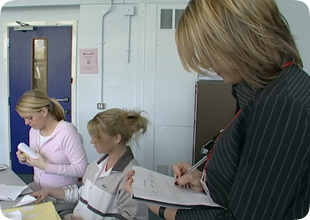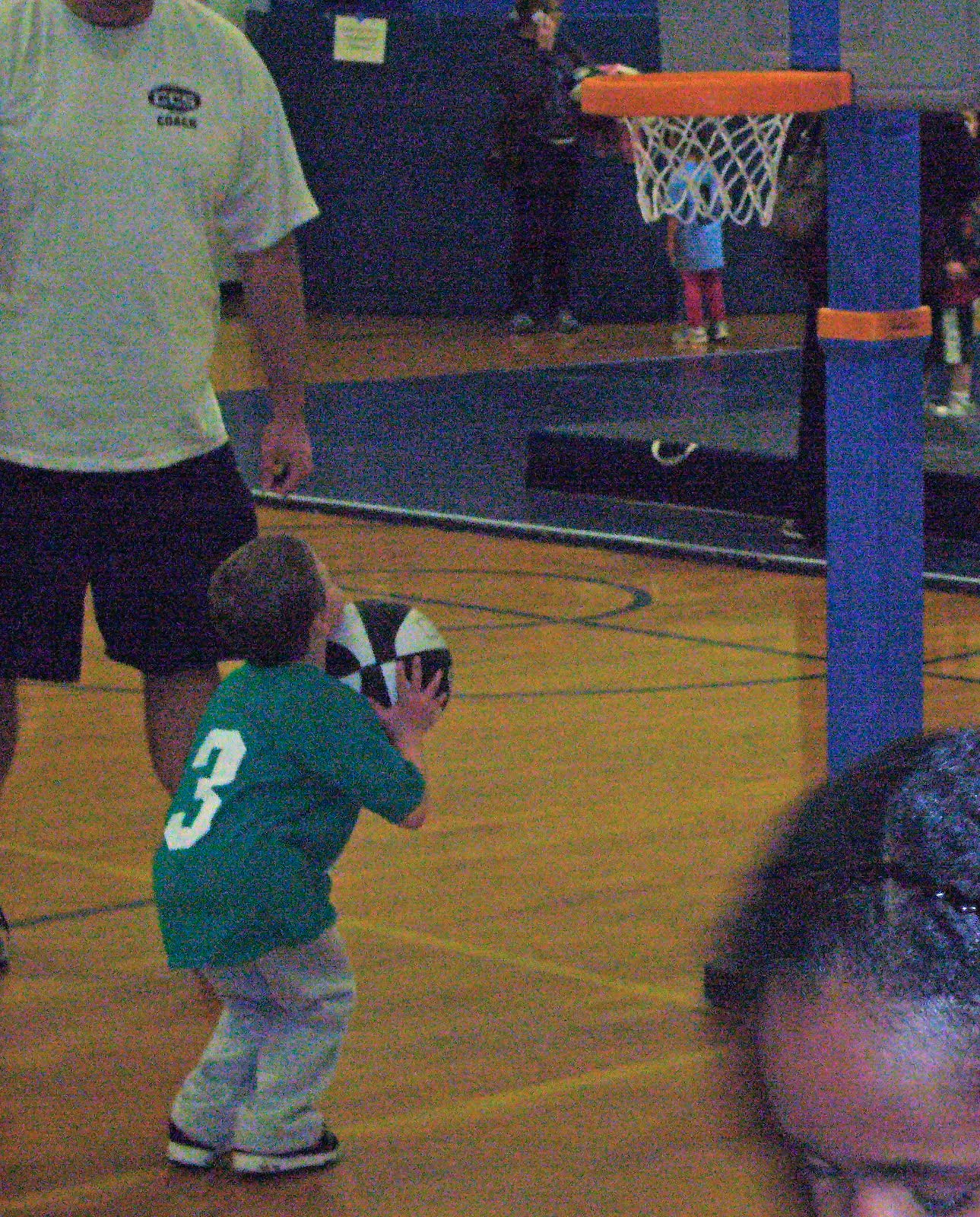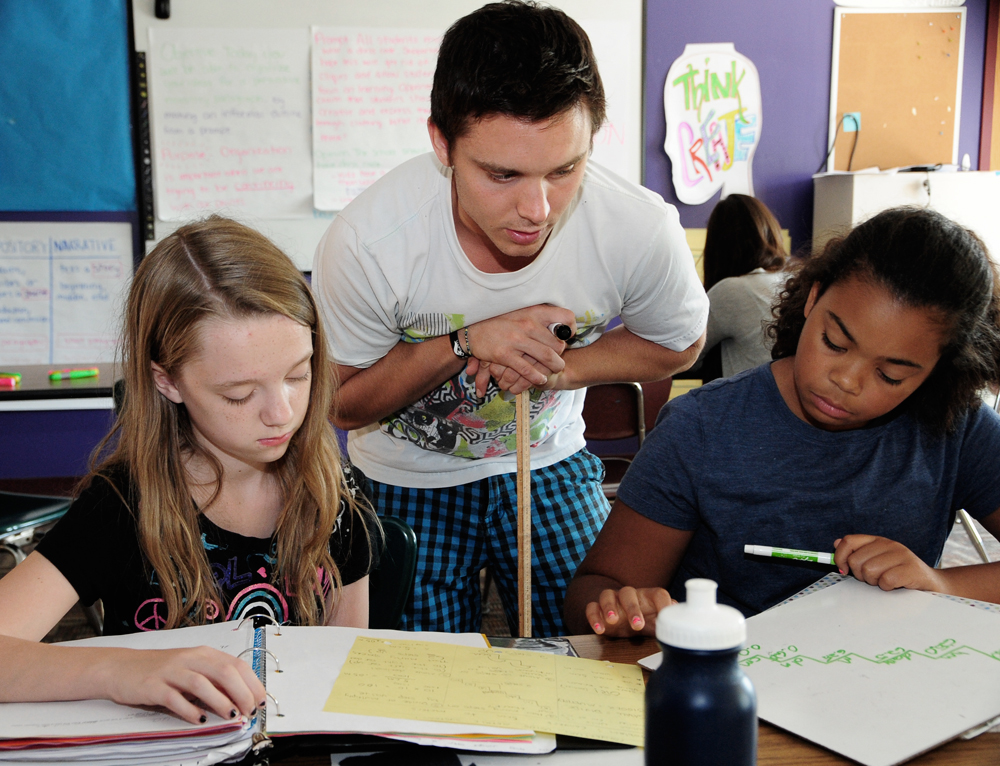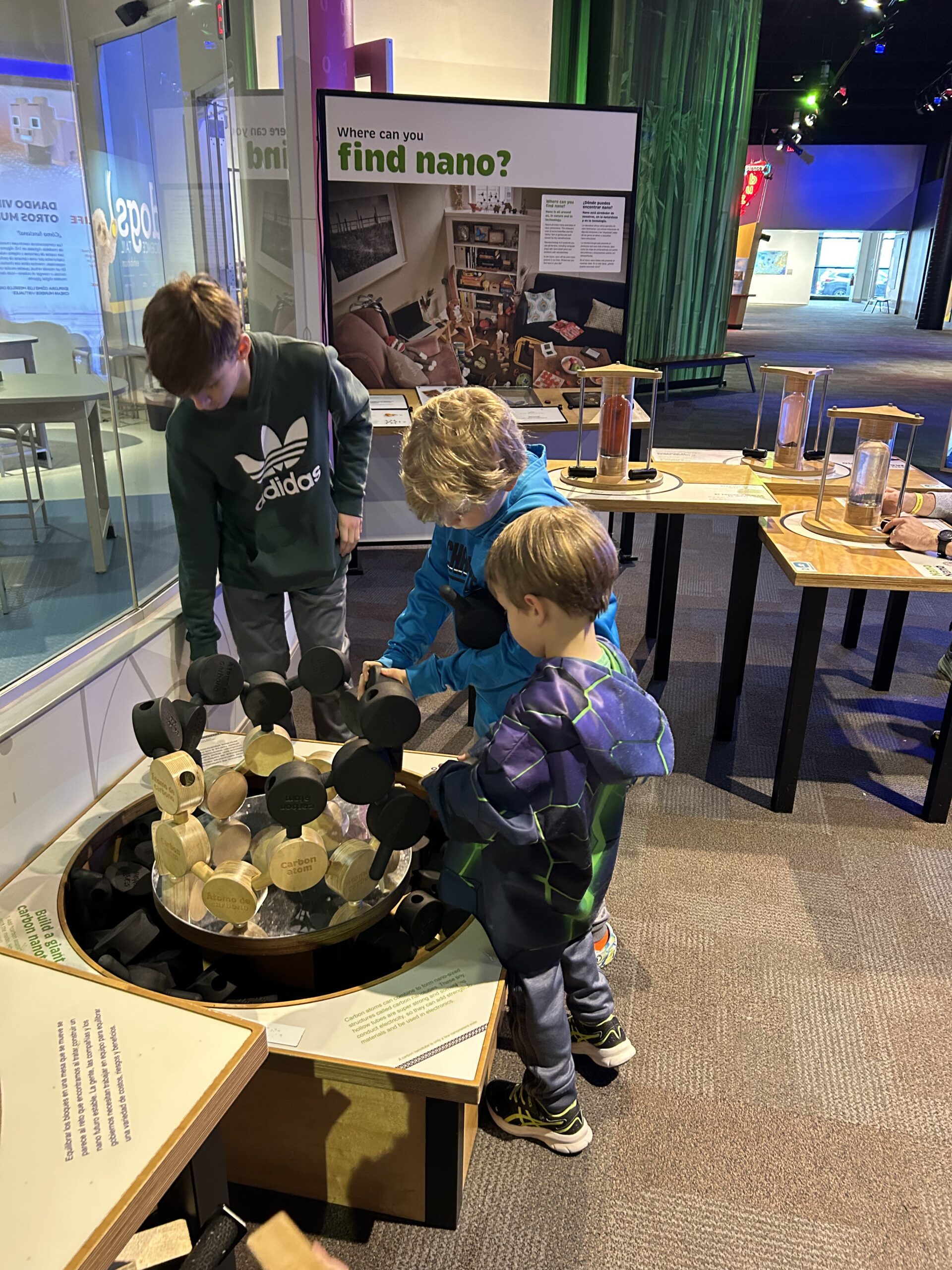 Kid watching is a process that needs the attention of both parents and teachers. How dangerous is it? In reading about the latest trend in understanding a child’s needs, it’s dangerous if not used and will result in a ‘one-size fits all’ education system.
Kid watching is a process that needs the attention of both parents and teachers. How dangerous is it? In reading about the latest trend in understanding a child’s needs, it’s dangerous if not used and will result in a ‘one-size fits all’ education system.
DO YOU KID WATCH?
So what is kid watching? It is the process of watching students as they read, write, work in groups, and participate in games, sports and academics. It is informal assessment (what I’ve known as formative assessment at its highest level). When you develop an awareness of how specifically a child learns, it raises interest and builds on the particular learning style of the student in a naturalistic environment. Kid watching provides more information than the ordinary test score report and builds a climate that is based on ‘thoughtful’ thinking to reach a solution that is sensible and reasonable.
Kid watching accumulates data on learning styles, interests, strengths and weaknesses, skills learned, interaction in groups, communication strengths in writing and speaking, and problem solving techniques. According to the author Yetta Goodman, Kid watching is merely ‘watching kids with a knowledgeable head’ and ‘use the strategy to look at life, literacy, and learning through the children’s eyes’.
It is an informal process of observing and recording student behavior that provides valuable information to determine the next steps in moving the learning forward.
HOW IS CONDUCTED?
So how is it done and how much time does it take? Since it is classified as informal assessment, it includes:
• Anecdotal records – brief description of a student’s behavior patterns.
• Running records of events in various settings – lunch time, special classes other than the classroom, reading/math/science group, participation chart, etc.).
• Time sampling on various days and intervals.
• Checklists.
• Work samples.
• Personal interviews or discussions.
• Information from the family.
The time spent on informal assessment is up to the individual teacher or parent. I have found that as little as 10 minutes a day on two or three students provided me with information to move the learning of any child in my classroom.

As a grandparent, I recently read to my grandson and discovered, by the number of leveled books I read, his reading attention span was comparable to that of a first grader – he is 3 years old.
WHEN SHOULD IT BE DONE?
As a teacher, I would continuously assess with written notes during activities and mental notes during lessons then later in the day when reflecting on lessons and procedures, write antidotal notes on children’s strengths.
You cannot assume all children of a given age are alike. Gathering data during classroom activities when children are busy is the best time. Watching as students work on projects and listening to conversations will reveal personalities and developmental levels. The same process can occur at home with parents. A few observations made at home will be valuable to the teacher(s) – how long will a child sit and listen to a story, how do they play with other children, what are their interests.
WHO SHOULD OBSERVE?
It is also important to have a variety of observers conducting short observations such as – nurse, other teachers, aides, parents, peers, or older students. Short amounts of time (even 5 minutes) from additional observers would provide additional data.
With conferences and parent/teacher meetings, it is important to present knowledgeable and thoughtful questions and information. As a parent, don’t just ask how a student is doing or as a teacher, don’t just provide test information. Provide data on strengths. Sharing information on how a student learns and works in various situations is valuable for both parents and teachers. Be prepared with a notebook to write information that will also help with homework activities. It’s time we all kid watched.


